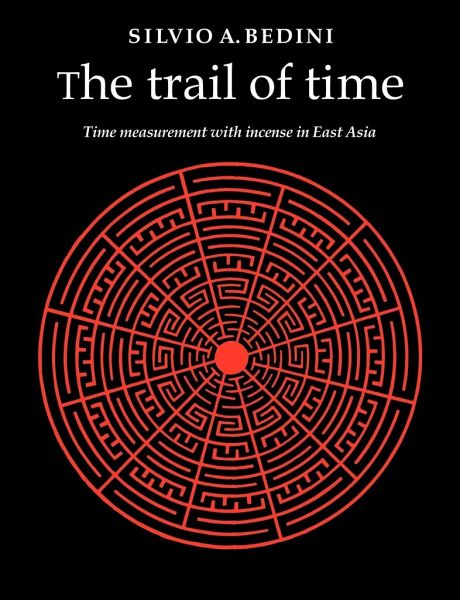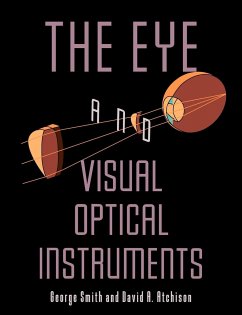
The Trail of Time
Time Measurement with Incense in East Asia
Versandkostenfrei!
Versandfertig in 1-2 Wochen
38,99 €
inkl. MwSt.

PAYBACK Punkte
19 °P sammeln!
This book is a scholarly study of a virtually unknown aspect of the history of horology (timekeeping), compiled from Chinese and Japanese historical and literary records, some of which are translated and published here for the first time. Incense timekeepers played an important role in early Chinese social and technological history, in addition to their use for time measurement. They were used in temples for religious rites, in agricultural regions for regulating water for irrigation, in palaces and government offices, and in the studies of scholars. A fascinating compendium of knowledge about...
This book is a scholarly study of a virtually unknown aspect of the history of horology (timekeeping), compiled from Chinese and Japanese historical and literary records, some of which are translated and published here for the first time. Incense timekeepers played an important role in early Chinese social and technological history, in addition to their use for time measurement. They were used in temples for religious rites, in agricultural regions for regulating water for irrigation, in palaces and government offices, and in the studies of scholars. A fascinating compendium of knowledge about a neglected aspect of Oriental culture, this book will appeal not only to historians of China and Japan, but to the growing number of collectors and museum curators who are interested in incense clocks. It is illustrated with black and white halftones of a large number of the clocks, which are renowned for their beauty of design and quality of workmanship. The book also includes a catalogue of incense clocks which have appeared in auction houses and museums.














